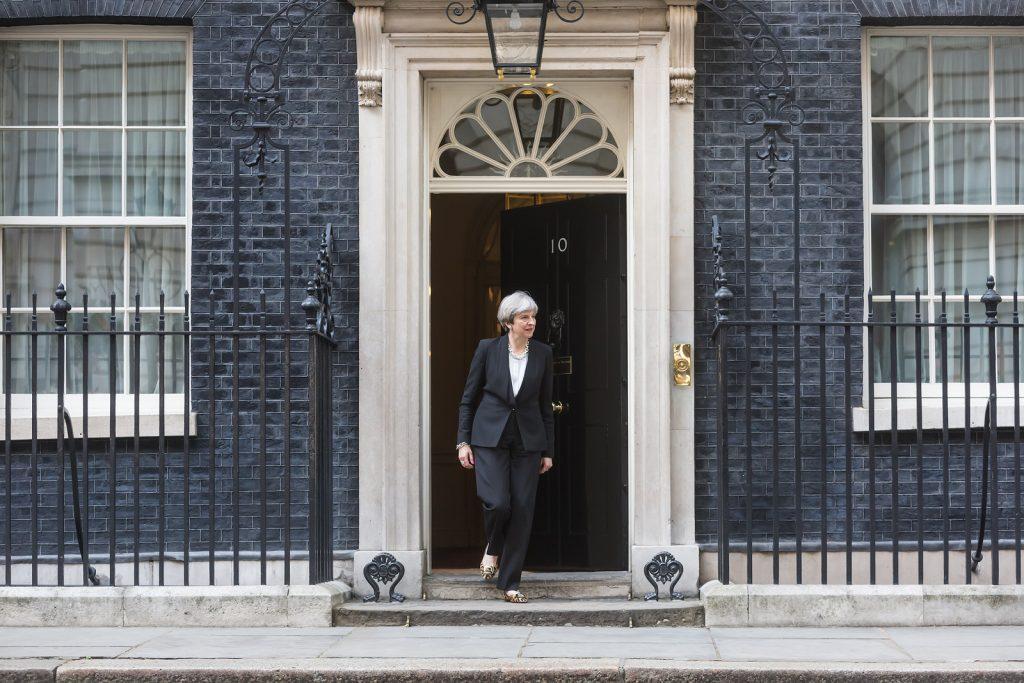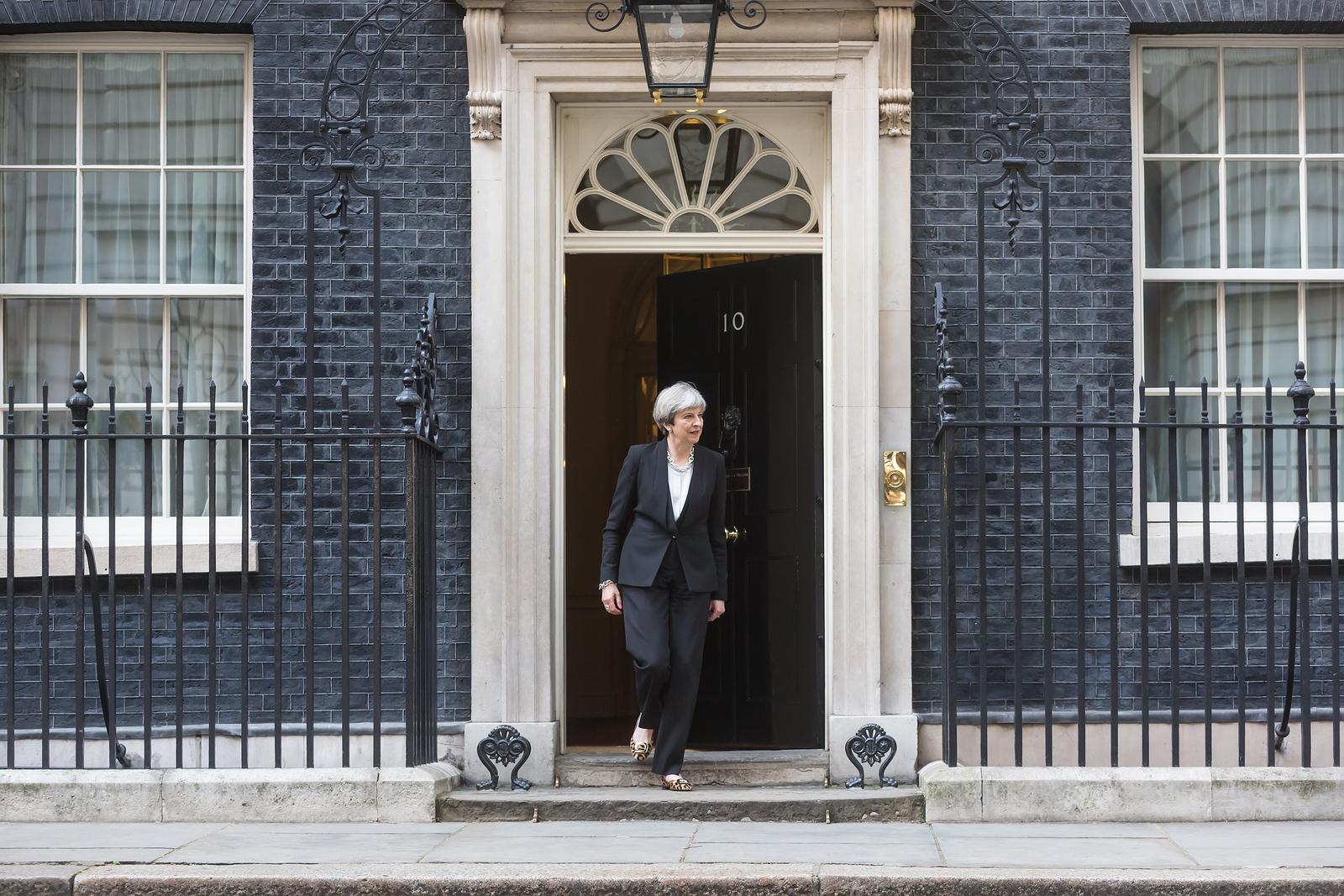Qdos Contractor, a leading contractor tax advisor has called on the government to rethink the current tax system. They have suggested that the way the tax system affects the UK’s 2 million contractors and freelancers could be changed.
CEO of Qdos Contractor, Seb Maley said: “First and foremost, attitudes towards the growing number of UK freelancers and contractors must radically change when it comes to tax. The vast  majority of independent workers are not tax dodgers and do not choose to work this way to unfairly exploit the system. In times of uncertainty, the UK’s independent workforce has shown its value to the economy, contributing £119 billion last year. Why target them, punish them and tarnish their hard-earned reputation?
majority of independent workers are not tax dodgers and do not choose to work this way to unfairly exploit the system. In times of uncertainty, the UK’s independent workforce has shown its value to the economy, contributing £119 billion last year. Why target them, punish them and tarnish their hard-earned reputation?
“It’s time tax worked for everyone. And the government has a fresh opportunity to work with freelancers and contractors to build a fairer, smarter and simplified tax system – and one which the independent workforce, the economy and government themselves will benefit from,” Maley added.
IR35 reform
One of the key things for the government to think about is IR35 and the changes which have led to a great deal of confusion among freelancers and contractors. HMRC’s ESS tool to help people determine whether they are within IR35 or not has proven to be unreliable.
“Recent public sector IR35 changes were rushed through, with contractors, public sector employers and recruitment agencies still largely confused by the situation. This hasn’t been helped by HMRC’s unreliable ESS Tool used to make IR35 determinations, along with a number public sector employers making blanket IR35 determinations,” Maley said.
Earlier this year, studies suggested that half of public sector contractors found to be within IR35 were planning to leave their jobs and join the private sector. Maley warns about the consequences of introducing the same rules to the private sector.
“We urge government to not to introduce similar reform to the private sector. Given that over half (51%) of public sector contractors who have now been placed inside IR35 are planning to leave their roles, a similar situation in the private sector could threaten this way of working entirely, putting strain on the thousands of businesses who rely on the independent workforce.”
National Insurance changes
Another issue earlier this year was the National Insurance changes and subsequent U-turn which left a lot of self-employed people confused. The original policy was met with anger and plenty of warnings as the government was planning to remove the class of NI that directly affects entitlement to state benefits.
People are still calling for a new, uncomplicated way of collecting tax and National Insurance, but one that doesn’t end with freelancers and contractors missing out in comparison to ordinary employees.
Maley commented: “An ongoing commitment to aligning tax and national insurance contribution would simplify what has become a complicated tax system. With a number of different payments and deductions, aligning tax and NIC would play a huge part of reducing the growing administrative burden on businesses of all sizes.”
Dividend tax allowance
Another policy that was announced at the Budget was the dividend allowance cut. This saw the allowance cut from £5,000 to £2,000, which again received a poor reaction from self-employed people. Maley suggests that this decision should be reversed.
“In this year’s Budget, tax-free dividend allowance was cut from £5,000 to £2000. Given the raft of recent controversial tax changes, reversing this decision would at least give UK freelancers and contractors some indication that their contribution to the economy is valued by government, and they can benefit from taking on the risk of running a business.
“This would go some way to restoring the independent workforce’s waning confidence in government, not to mention win back the support of a group of voters growing in size and influence.”
What do you think about the current tax system for freelancers? Should there be a rethink? Let us know what you think.





Leave a Reply